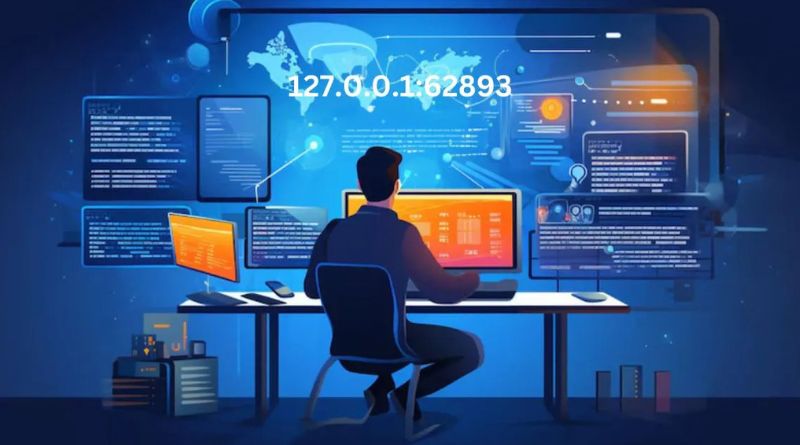In our increasingly digital world, understanding how our online presence is tracked and identified has become essential. One of the key elements of this tracking is the concept of IP location. This article delves into what IP location is, how it works, and its implications for both users and businesses.
Table of Contents
What is IP Location?
IP location refers to the geographical location of an internet-connected device based on its Internet Protocol (IP) address. Every device connected to the internet is assigned a unique IP address, which serves as its digital identifier. IP addresses can reveal information about the device’s location, such as the country, region, city, and sometimes even the postal code.
How Does IP Location Work?
IP location relies on a combination of databases and algorithms that map IP addresses to geographical locations. Here’s a simplified breakdown of the process:
- IP Address Assignment: Internet Service Providers (ISPs) assign IP addresses to users. These addresses are often linked to a specific geographic area.
- Geolocation Databases: Companies maintain extensive databases that track IP addresses and their corresponding geographical locations. These databases are continually updated based on data from ISPs, user feedback, and other sources.
- Location Determination: When a user accesses the internet, their IP address is checked against these databases. The system can then return information about the device’s approximate location.
Importance of IP Location
Understanding IP location has significant implications for various sectors:
- Marketing: Businesses use IP location to tailor advertising to specific regions. This helps in targeting audiences more effectively, ensuring that advertisements are relevant to local cultures and preferences.
- Content Delivery: Streaming services often use IP location to provide localized content. For example, certain shows may only be available in specific countries, and the service will restrict access based on the user’s IP address.
- Security: Many online services use IP location to enhance security measures. For instance, they may flag or block suspicious login attempts from unfamiliar locations.
- User Experience: Websites can customize content based on a user’s location, such as displaying local news, weather, or currency.
Limitations of IP Location
While IP location is a useful tool, it has limitations:
- Accuracy: The accuracy of IP location can vary. While some databases may pinpoint a user’s location to a city level, others may only provide information at a country level.
- VPNs and Proxies: Users can mask their real IP addresses by using Virtual Private Networks (VPNs) or proxies. This can lead to inaccurate location data, as the IP address may correspond to a different geographic area.
- Mobile Devices: The IP address of mobile devices can change frequently as users move between networks, making precise location tracking challenging.
FAQs about IP Location
1. Can I hide my IP location?
Yes, you can hide your IP location by using a VPN or a proxy server. These tools route your internet traffic through a server in another location, masking your actual IP address.
2. Is IP location information always accurate?
No, IP location information is not always accurate. While it can provide a general idea of a user’s location, factors like VPNs, proxies, and mobile IP address changes can lead to discrepancies.
3. How do businesses use IP location data?
Businesses use IP location data for targeted marketing, content customization, fraud prevention, and improving user experiences by providing localized information.
4. What are the privacy implications of IP location?
IP location can raise privacy concerns, as it allows third parties to infer information about a user’s habits, preferences, and geographic area. Users should be aware of how their data is collected and used.
5. Can I control how my IP location is used?
While you cannot completely control how your IP location is used, you can take steps to enhance your privacy, such as using a VPN or regularly clearing your cookies and browser history.
Conclusion
IP location plays a crucial role in how we interact with the internet, affecting everything from marketing strategies to user experiences. Understanding its workings and implications helps users make informed decisions about their online privacy and security. As technology continues to evolve, being aware of how IP location impacts our digital lives is more important than ever.



